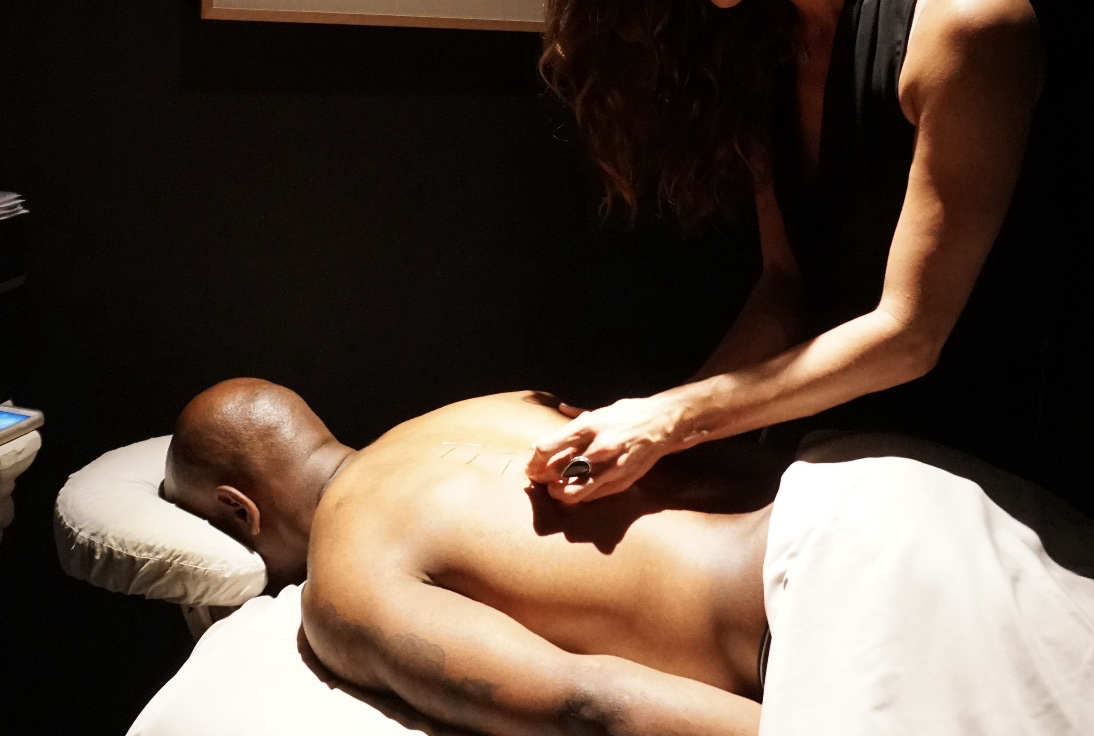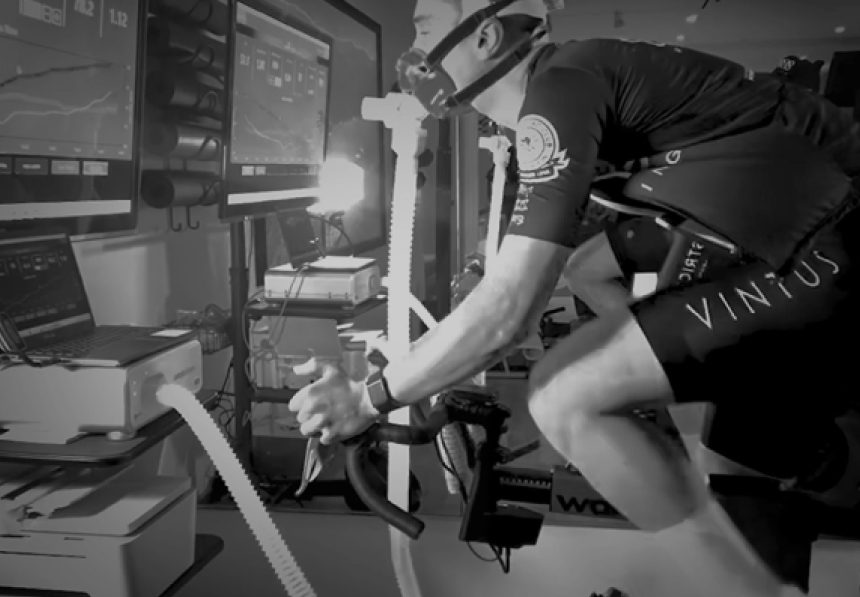Exploring the Differences Between
Dry Needling and Acupuncture:
Which Treatment is Right for You?

What is Dry Needling?
Dry needling is a therapeutic technique used by physical therapists, chiropractors, and other healthcare professionals to address musculoskeletal pain and dysfunction. This treatment involves the insertion of fine, solid needles directly into trigger points, also known as knots, within muscles or soft tissues. The aim of dry needling is to release muscle tension, improve blood flow, and promote the body’s natural healing response.
What is Acupuncture?
Acupuncture, rooted in traditional Chinese medicine, is a holistic healing practice that dates back thousands of years. It involves the insertion of thin needles at specific points along the body’s meridian pathways. The purpose of acupuncture is to restore the balance of qi, the vital energy that flows through these channels, and address various physical, mental, and emotional conditions.
Dry Needling vs Acupuncture: Which is Better for You?
When it comes to alternative therapies for pain management and wellness, two popular techniques that often come up in conversation are dry needling and acupuncture. While both involve the use of thin needles, these practices have distinct differences in their approaches and applications. The choice between dry needling and acupuncture depends on your specific condition, treatment goals, and personal preferences. While both techniques involve the use of needles, they differ in terms of their underlying philosophies and therapeutic approaches. Here are some factors to consider when deciding which treatment may be better suited for you:
Pros and Cons of Dry Needling:
Pros:
- Focuses on musculoskeletal conditions and pain management.
- Targets specific trigger points to release muscle tension and improve range of motion.
- Often performed by physical therapists and other trained healthcare professionals.
Cons:
- Limited scope of practice compared to acupuncture.
- May cause temporary soreness or bruising at needle insertion sites.
- Generally focuses on physical aspects and may not address underlying energetic imbalances.
- Pros and Cons of Acupuncture:
Pros:
- Addresses a wide range of conditions, including pain, stress, insomnia, and digestive issues.
- Considers the body as a whole, including physical, mental, and emotional aspects.
- Can be beneficial for individuals seeking holistic and integrative approaches to healthcare.
Cons:
- Requires finding a qualified and experienced acupuncturist.
- May involve multiple sessions for optimal results.
- Not as focused on localized pain management as dry needling.
Acupuncture in Lower Manhattan
If you’re looking for acupuncture near you in Lower Manhattan, J Train is here to support your holistic wellness journey. Our experienced acupuncturists specialize in traditional Chinese medicine practices and offer tailored treatments to address a wide range of conditions. With our integrative approach, we consider your unique needs and goals to provide a comprehensive acupuncture experience that promotes balance and well-being.
Unlock the potential of acupuncture at J Train, where our skilled practitioners blend ancient wisdom with modern techniques to optimize your health. Discover the transformative effects of this time-honored practice and experience the benefits it can bring to your physical, mental, and emotional well-being. Start your acupuncture journey with J Train and embark on a path towards holistic healing and vitality.





